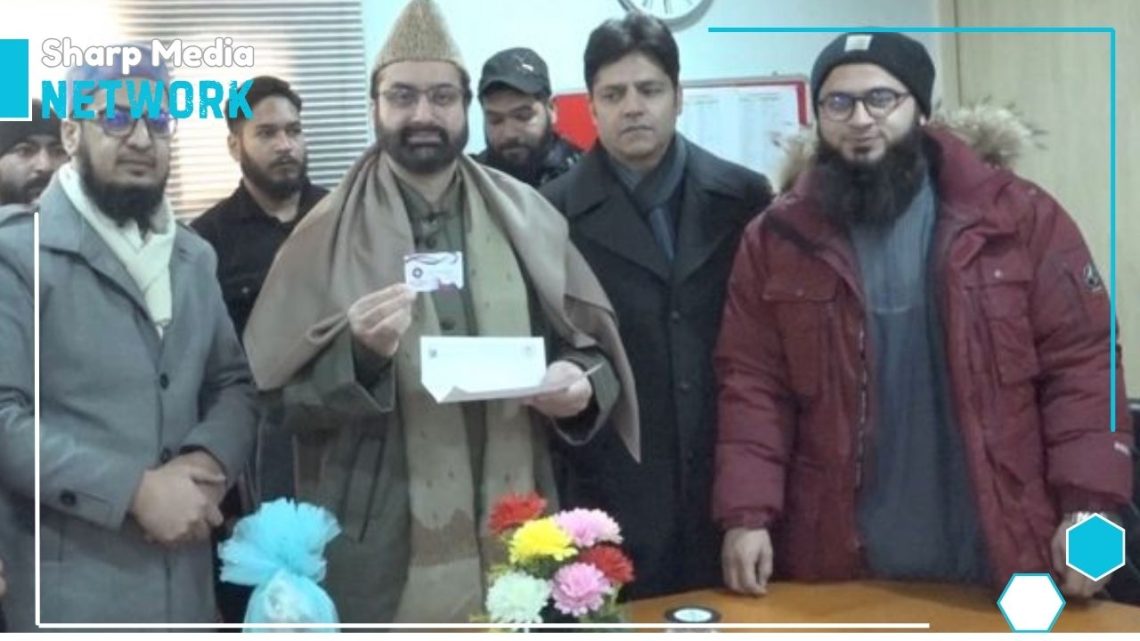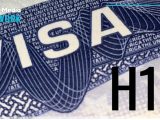
Mirwaiz Launches Exclusive Health Card for Prayer Leaders in IIOJK
December 31, 2024Senior leader of the All Parties Hurriyat Conference, Mirwaiz Umar Farooq, has announced a ‘Privilege Health Card’ for mosque leaders in Nowgam, Srinagar, within the confines of Indian Illegally Occupied Jammu and Kashmir (IIOJK). This initiative aims to address the healthcare needs of mosque leaders, offering them a rare opportunity to access essential medical services without financial burden.
The Privilege Health Card, introduced by a private hospital, offers a comprehensive package that includes free medical check-ups, specialist consultations, diagnostic services, and access to advanced healthcare facilities. By acknowledging the role of prayer leaders in the community, the initiative seeks to provide them with much-needed medical care, a gesture that Mirwaiz Umar Farooq lauded as a pioneering step in the region. During the launch, he emphasized the importance of extending this program to include the families of prayer leaders, underlining that their well-being directly impacts the larger community.
Mirwaiz, while praising the hospital for its dedication to service, used the platform to shed light on the broader healthcare challenges faced by the people of IIOJK. He drew attention to the glaring inadequacies in both government and private healthcare sectors, pointing out that most Kashmiris continue to face significant barriers to accessing quality medical services. This initiative, though a positive step, serves as a reminder of the stark inequalities embedded in the current healthcare landscape.
Despite the goodwill behind the Privilege Health Card, the selective nature of the program raises uncomfortable questions about the state of healthcare in IIOJK. While mosque leaders benefit from these services, the majority of the population remains excluded from similar privileges. This discrepancy highlights a fragmented system that prioritizes certain groups while neglecting the wider public’s urgent medical needs.
Mirwaiz Umar Farooq’s call for compassion in healthcare resonates deeply in a region marred by political and social unrest. His advocacy for improved services across the board reflects the growing demand for systemic reform rather than piecemeal efforts. The Privilege Health Card serves as a commendable gesture, but it cannot substitute for comprehensive healthcare policies that address the needs of the entire population.
Ultimately, the launch of this initiative draws attention to the pressing need for broader healthcare reforms in IIOJK. As Mirwaiz rightly pointed out, the responsibility lies with both public and private sectors to ensure equitable healthcare for all. Until such reforms are realized, isolated programs like the Privilege Health Card will remain symbolic at best, offering temporary relief to a few while leaving the majority to deal with the harsh realities of inadequate medical care.

